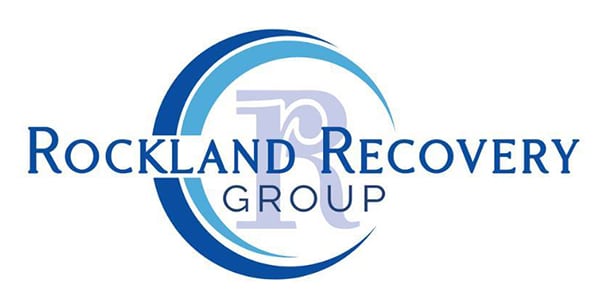Traumatic experiences can leave a deep imprint, regardless of when or how they occur. Initially, the response to trauma may be natural and short-term. However, in some cases, the impact of these events can extend far beyond the immediate aftermath, developing into PTSD. This disorder can disrupt daily life and linger over time, making professional treatment essential.
Rockland Recovery provides specialized PTSD treatment. We invite you to explore how our targeted approaches can help manage and heal from the effects of traumatic experiences, restoring balance and improving overall well-being.
Jump to Section
What is Post-Traumatic Stress Disorder (PTSD)?
The Substance Abuse and Mental Health Services Administration (SAMHSA) describes post-traumatic stress disorder (PTSD) as a mental health condition triggered by experiencing or witnessing a frightening, shocking, or dangerous event. Often, these situations involve a threat to life or personal safety.
PTSD can develop after various traumatic events, such as severe injuries, accidents, physical or sexual assaults, the sudden loss of a loved one, or military combat, though these examples do not cover all possible causes.
It is crucial to recognize that PTSD is a legitimate mental health issue, not a case of someone dwelling on the past, overreacting, or exaggerating their feelings. Individuals suffering from PTSD need and deserve compassion, understanding, and access to effective treatment programs tailored to help them recover.
Recognizing the Signs of PTSD
Identifying the signs of post-traumatic stress is a critical first step towards getting help. Diagnosing PTSD, however, is not always straightforward as the disorder can manifest in a variety of emotional, behavioral, and physical symptoms.
At Rockland Recovery, we understand the diverse ways in which PTSD can affect individuals. We start with a comprehensive assessment to ensure that each person receives the personalized treatment they need and deserve.
Some common signs of PTSD include:
- Flashbacks of the event
- Frightening or intrusive thoughts
- Continual fear that there will be a repeat event
- Sleep disturbances, nightmares
- Extreme reactions
- Anger
- Feelings of guilt or sadness
- Irritability
- Hyper-vigilance, especially about triggering events
- Avoidance of people, places, or activities that trigger memories of the traumatic event
- Aches and pains, headaches
- Digestive issues
- Changes in appetite
- Issues with memory and concentration
- Feelings of isolation
Comprehensive PTSD Treatment at Rockland Recovery
At Rockland Recovery, we are dedicated to creating a safe, supportive, and therapeutic environment for individuals dealing with PTSD. Effective treatment begins with a comprehensive evaluation, leading to a tailored plan incorporating evidence-based therapies designed to help individuals process and recover from their trauma.
We offer various levels of care to address the diverse needs of those suffering from post-traumatic stress disorder, employing a trauma-informed and person-centered approach. Depending on the individual’s needs, treatment intensity can range from partial hospitalization for those requiring more structured support, to more flexible options for others.
Our treatment plans typically include individual therapies like cognitive behavioral therapy (CBT), as well as group therapies and complementary methods aimed at managing stress and anxiety associated with PTSD.
At Rockland Recovery, we work collaboratively with each person, forming a partnership to develop the most effective and healing treatment plan possible.
Finding a PTSD Treatment Center in Massachusetts
We recognize that the circumstances surrounding PTSD are often deeply personal, and it can be difficult to talk about them without the feelings of trauma reemerging. It takes courage to make these first important steps toward healing from PTSD, and Rockland Recovery wants you to know that we respect your experiences and will treat you with compassion as we support you on your road to healing.
Contact Rockland Recovery at 888-299-4833 to speak directly to one of our PTSD care coordinators today.



